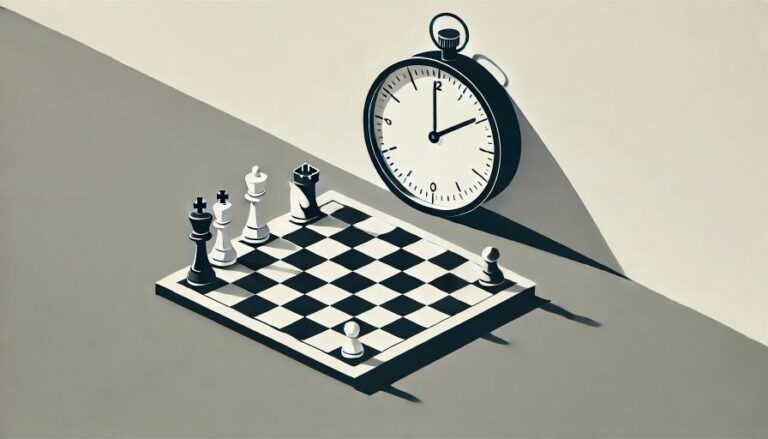Introduction
Chess tournaments are a great way for players to showcase their skills and compete against others in the game. Whether you are a beginner or an experienced player, analyzing chess tournament games can provide valuable insights and help improve your overall chess strategy. In this guide, we will dive into the steps on how to analyze chess tournament games like a pro.
The Importance of Game Analysis
Chess is a complex game that requires a combination of strategic thinking, calculation, and planning. Every move made in a game has a purpose, and as a player, it is important to understand the reasoning behind each move. This is where game analysis comes in â it allows players to reflect on their own games or learn from others by studying the moves and thought processes behind them.
Steps for Analyzing Chess Tournament Games
Now that we understand the importance of game analysis, letâs take a look at the steps involved in analyzing chess tournament games.
The first and most crucial step in analyzing a chess tournament game is to record it. This can be done by keeping track of your moves on a score sheet or using a chess notation software. Recording the game is important because it allows you to go back and review the game in detail.
After the game is recorded, it is important to analyze your own thought process during the game. This involves reflecting on your decisions and understanding the reasons behind each move. Ask yourself questions like â What was my plan in this position? Did I miss any critical moves? Did I consider all my opponentâs possible responses? Analyzing your own thought process will help you identify any mistakes or missed opportunities during the game.
One of the most valuable tools for game analysis is chess engines. These computer programs are designed to analyze positions and suggest the best moves. After recording your game, you can input the moves into a chess engine and get an in-depth analysis of the game. This will help you understand where you went wrong and what could have been better moves.
Studying games played by chess grandmasters is an excellent way to improve your gameplay and analytical skills. Grandmasters are experts in the game and studying their games can provide valuable insights and ideas. There are plenty of resources available online, such as chess databases, where you can search for games played by specific grandmasters or openings.
Tips for Effective Game Analysis
While the above steps are essential for game analysis, here are a few additional tips to help you analyze chess tournament games like a pro.
It is important to take notes while analyzing a game. Write down any lessons or insights you have gained from the game. This will help you remember them and apply them in future games.
When analyzing a move, always look for alternatives. Donât limit yourself to just one move â consider other possible moves and their consequences.
It is time-consuming to analyze every move in a game in detail. Instead, focus on critical positions where an important decision was made or a blunder occurred. This will help you understand the gameâs key moments and learn from them.
While chess engines are an excellent tool for analysis, they should not be solely relied upon. Use your own critical thinking and analysis skills to understand the game and come up with your own ideas and strategies.
Conclusion
Analyzing chess tournament games is a crucial aspect of improving oneâs chess game. By following the steps outlined in this guide and incorporating the tips mentioned, you can analyze games like a pro and continuously improve your chess skills. Remember, practice makes perfect, so keep analyzing and learning from both your own games and those of others.
Analyzing chess tournament games like a pro requires a deep understanding of various strategies and the ability to identify key turning points in a match. By focusing on critical moments and evaluating different moves, players can gain insights into their own strengths and weaknesses as well as those of their opponents. To begin mastering the art of chess game analysis, it’s essential to develop a methodical approach, examining each move within the broader context of the game. For more guidance on structuring your analysis, you might find this article on designing a chess study plan particularly useful.
In addition to strategy, understanding the psychological aspects of the game is crucial for thorough analysis. The pressure of tournaments can influence decision-making, making it important to consider both mental and tactical factors during post-game reviews. Enhancing your memory can also play a significant role in recalling and analyzing past games effectively. To delve deeper into this aspect, check out the role of memory in chess, which offers techniques for improving memory retention specific to chess.

